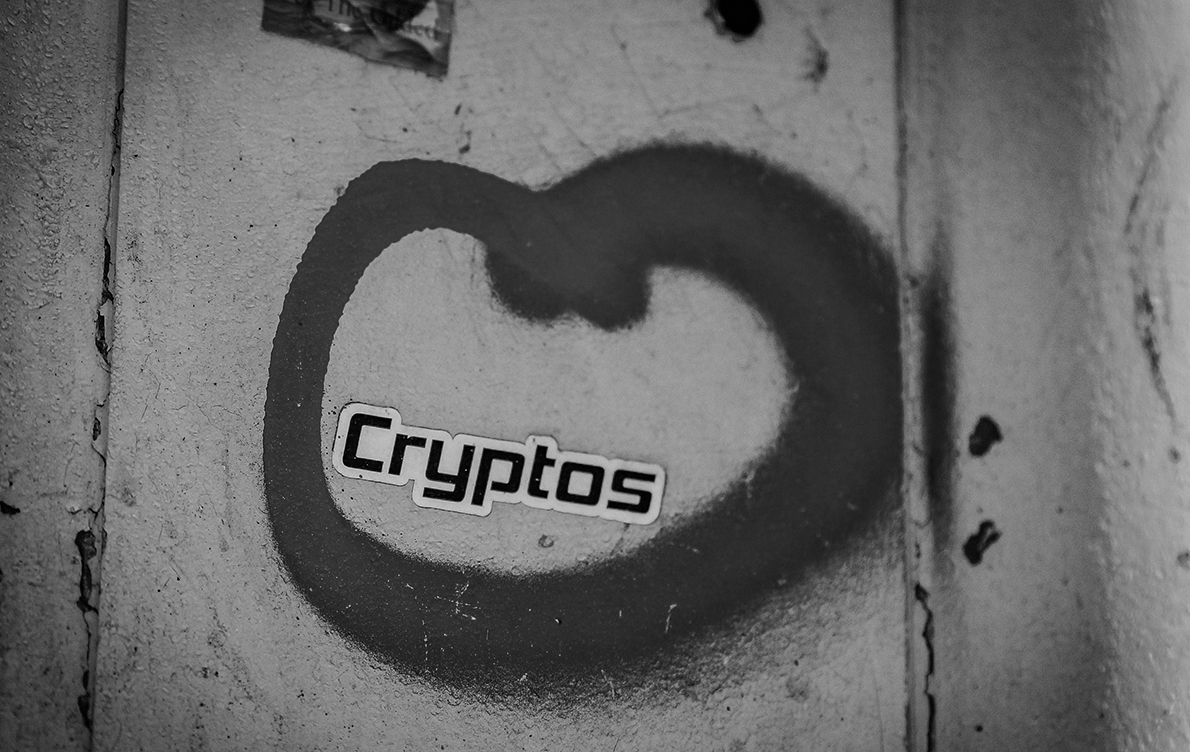Digital Assets and Financial Crimes Enforcement Network Rulings

In recent months notable investors, wealth managers, and banks have begun to explore (if they were not already invested in) bitcoin and other cryptocurrencies. Many banks are beginning to offer cryptocurrency investment options to high net worth individuals, and there are multiple bitcoin exchange traded fund applications pending with the Securities and Exchange Commission.
If you are interested in exploring different avenues to become invested in the digital assets and cryptocurrency space, whether on a personal or a business level, in addition to being aware of the various state regulations there are a number of important Financial Crimes Enforcement Network (“FinCen”) rulings to be aware of. Depending on the type of business opportunity you wish to pursue, these rulings can impact you from a regulatory standpoint. The below chart is a non-exhaustive overview of some of the FinCen rulings. Please contact us with any questions, or to discuss how we can help you pursue any opportunities.
| Regulation | Scenario | Ruling |
| FIN 2014 R001 | A company mines bitcoin, the mined coins have not yet been used or transferred, but the company may decide to: (a) use the coins to purchase goods or services; (b) convert the coins into a currency of legal tender; and/or (c) transfer the coins to the owner of the company. | The company as described is a user of bitcoin and not a money services business provided that the mined coins are used to: (a) pay for the purchase of goods or services, debts previously incurred, or distributions to owners; or (b) purchase fiat currency or another virtual currency provided the currency is sued solely to make payments or for the company’s investment purposes. |
| FIN 2014 R002 | A company will produce a piece of software that facilitates the company’s purchase of virtual currency from sellers by automating the collection of the virtual currency and the payment in currency of legal tender. The company will limit its activities to investing in convertible virtual securities for its own account. The company will purchase the virtual securities from a seller and sell them when it is sensible for the company’s business plan. | The company as described is a user of the currency and not a money transmitter when it invests in a convertible virtual currency for its own account and then realizes the value of the investment. However, any transfers to third parties at the behest of the company’s counterparties, creditors, or owners who are entitled to direct payments should be closely scrutinized as these could cause the company to become a money transmitter. |
| FIN 2014 R007 | A company will rent mining computer systems to third parties, allowing the third party to mine virtual currencies. The company developed a system that mines cryptocurrencies and the third party gives the company information about the mining pool. The company enters the third-party information into the system for enabling the third party to benefit directly and exclusively from the mining pool. All virtual currency mined by the third party remains with the third party | The company is not a money transmitter solely by virtue of renting a computer system to a third party allowing the third party to obtain convertible virtual currency to fund activities as an exchanger. The rental activity by itself does not qualify the company as a money transmitter. |
| FIN 2014 R011 | A company will set up a platform consisting of a trading system which will buy and sell virtual currency for currency of legal tender and a maintain a set of book accounts in which customers can deposit funds to cover their exchanges. Customers deposit funds into the funding accounts, and once funded a customer can submit an order to purchase or sell the deposited currency. The platform will attempt to match each purchase order to a sell order. The company will not allow inter-account transfers, third party funding of a customer accounts, or payments from a customer to a third party | The company qualifies as a money transmitter because the company here is an exchanger of virtual currency and not a user because it accepts convertible virtual currency from one person and transmits it to another as part of the acceptance and transfer of currency, funds, or other value that substitutes for currency. |
| FIN 2014 R012 | A company will set up a virtual currency payment system to provide payments to merchants who wish to receive customer payments in bitcoin. The company will provide virtual currency based payments to merchants who wish to receive payments for goods or services sold in a currency other than legal tender in the merchants own jurisdiction. The company would receive payment from the buyer or debtor in a currency of legal tender and transfer the equivalent amount of bitcoin to the seller or creditor | The company qualifies as a money transmission because it accepts currency, funds, or other value that substitutes for currency from one person and transmits currency, funds, or other value that substitutes for currency to another location or person. |
| FIN 2015 R001 | A company provides internet-based brokerage services between buyers and sellers of precious metals, will buy and sell precious metals on its own account, and will hold metals for buyers via a digital wallet on the Bitcoin blockchain ledger. The company receives a transaction fee on transfers of digital certificates and a custody fee for the metals held in custody. | The company qualifies as a money transmitter because there is a transfer of funds between a customer and a third party to fund the account, there is a transfer of value from a customer’s currency or commodity position to another’s account, and there is a closing out of a customer’s position with a transfer of proceeds to a third party. |
The information provided herein is general in nature and is purely for informational purposes and does not constitute legal advice, nor does it create an attorney-client relationship. You should accept legal advice only from a licensed legal professional with whom you have an attorney-client relationship.
As the law continues to evolve on these matters, please note that this article is current as of date and time of publication and may not reflect subsequent developments. The content and interpretation of the issues addressed herein is subject to change. Cole Schotz P.C. disclaims any and all liability with respect to actions taken or not taken based on any or all of the contents of this publication to the fullest extent permitted by law. This is for general informational purposes and does not constitute legal advice or create an attorney-client relationship. Do not act or refrain from acting upon the information contained in this publication without obtaining legal, financial and tax advice. For further information, please do not hesitate to reach out to your firm contact or to any of the attorneys listed in this publication.
Join Our Mailing List
Stay up to date with the latest insights, events, and more






